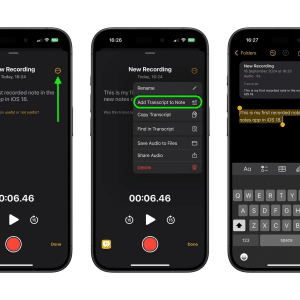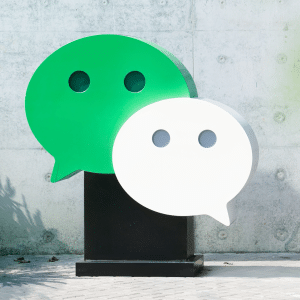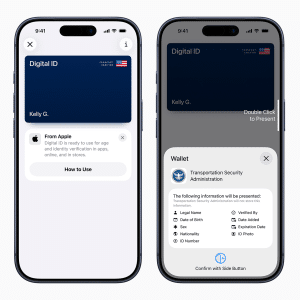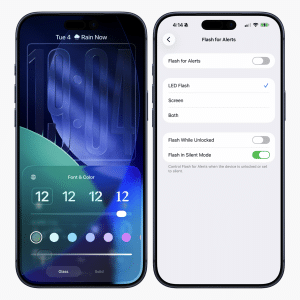WhatsApp, the popular messaging service for smartphones acquired this week by Facebook, will soon be offering a voice service.
CEO Jan Koum said the voice service will be deployed for Android and iPhones this spring, with Blackberry and Microsoft and Nokia phones coming later.
“We are going to introduce voice in WhatsApp in the second quarter of this year,” Koum said at the Mobile World Congress in Barcelona, Spain. “I think we have the best voice product out there. We use the least amount of bandwidth.”
WhatsApp currently has a voice function but only in note form. This new service will be live.
On Wednesday, Facebook acquired WhatsApp for $19 billion in a deal that is by far the biggest by the social networking company and any other done by Google, Microsoft or Apple.
Wearing a gray shirt, jeans and a black jacket, the 38-year-old Koum quipped – “last week we added a new Facebook friend. I don’t know if you guys heard.”
The blockbuster deal made serious waves with those in the telecommunications industry who gathered this week in the Catalan city, but also sparked concern among users that Facebook would introduce advertising to WhatsApp.
Koum insisted that there are no designs to add “marketing” to the messaging service.
“There are no planned changes,” said Koum. “Our vision and mission are aligned. We both want to make the world more connected.”
Facebook is paying $12 billion in stock and $4 billion in cash for WhatsApp. Koum along with fellow founder Brian Acton and their 55 employees were also granted restricted stock worth $3 billion that will vest over four years after the deal closes.
Koum said that he didn’t expect that WhatsApp’s staff would grow in number very much, saying that “we want to operate as a startup.”
Relatively unknown until now in the U.S., WhatsApp is popular in other countries, both in Europe and in emerging economies. The Mountain View, California, startup already has almost twice as many users as the better known short messaging service, Twitter.
WhatsApp has 465 million monthly users and 330 daily users, according to Koum, and costs users $1 a year after a first free year.
Associated Press/AP Online
Image Credit: Engadget










